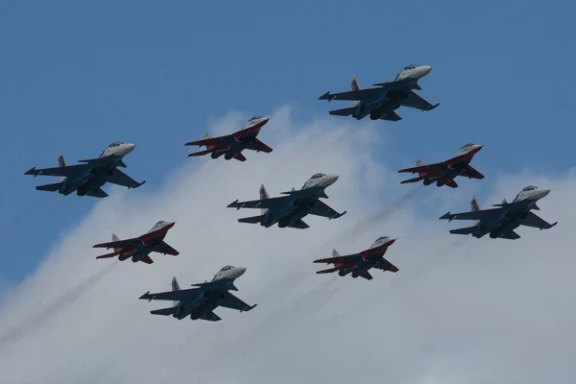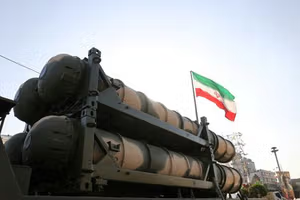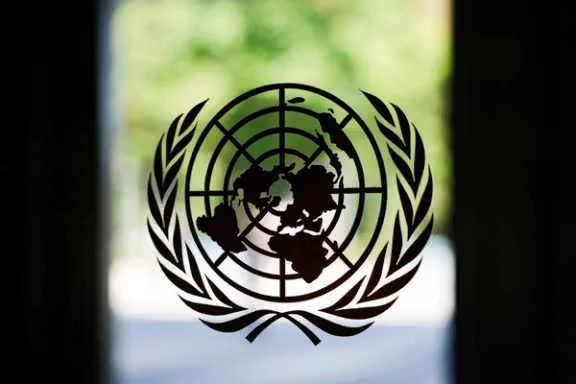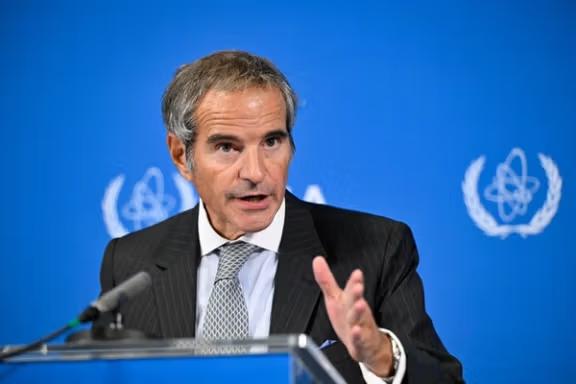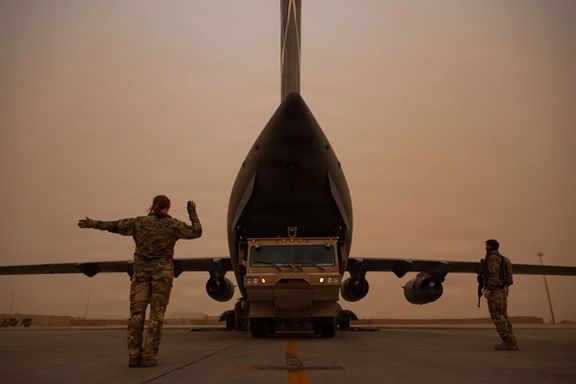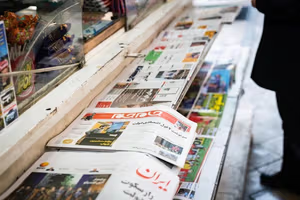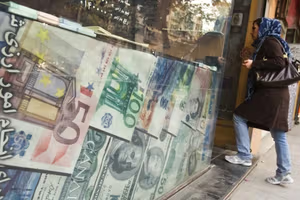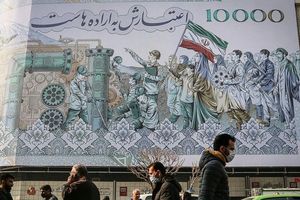“Snapback, which is going to have – if it happens – a huge impact in terms of economic sanctions and other things, it’s one process," Grossi said, referring to UN sanctions on Iran invoked by European states which are due to resume on Sept. 28.
"Then we have something which is the relationship between the IAEA and Iran, which, in principle, must be permanent and not be contingent on the snap back being activated,” he said in an interview with Al Jazeera English.
"There is an ongoing cooperation. Is it all that we would aspire to get? Not now, but we are, I hope, on a way to get more of that cooperation. And so time for diplomacy is needed, yes,” Grossi added.
Robust diplomatic efforts which involve the United States are afoot to resolve the impasse, the IAEA chief said.
“Iran, for one, has said that this might affect the relationship and the cooperation with us,” he said, adding that “there is so much diplomatic activity… between those countries, ourselves, the United States as well, to try to find a way forward.”
"We have to remind them that they have obligations if they want to continue to be a member of the Nuclear Non-Proliferation Treaty (NPT)," Grossi said.
Israel and the United States attacked Iranian nuclear sites in a brief June war, setting back the nuclear program but leaving its fate unresolved. Tehran declined to allow IAEA inspectors to resume their work.
Iran's Supreme National Security Council warned on Saturday that the so-called snapback of UN sanctions could cause Tehran to end cooperation with the IAEA, amid calls by hardliners in Tehran for withdrawal from the NPT.
Dozens of Iranian lawmakers on Monday called for a fundamental shift in the country’s defense policy, urging authorities to consider building a nuclear weapon as a deterrent.
The United States and its European allies accuse Tehran of seeking the capability to produce nuclear arms, a charge Iran denies.
Iran has long insisted that its nuclear program is for peaceful purposes only and cites a religious injunction or fatwa from its Supreme Leader Ali Khamenei against nuclear weapons as proof of its intentions.

